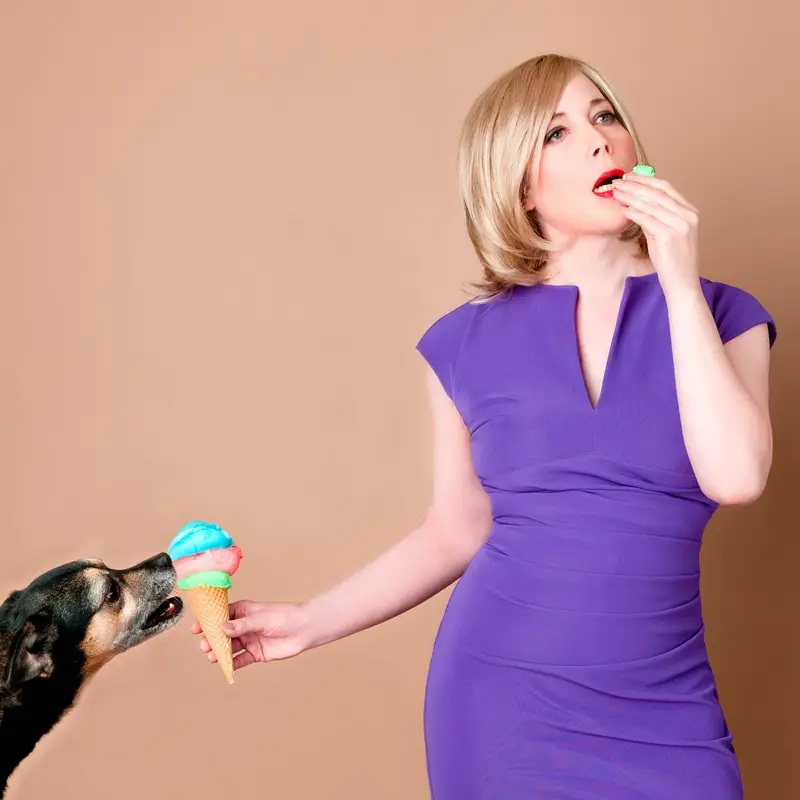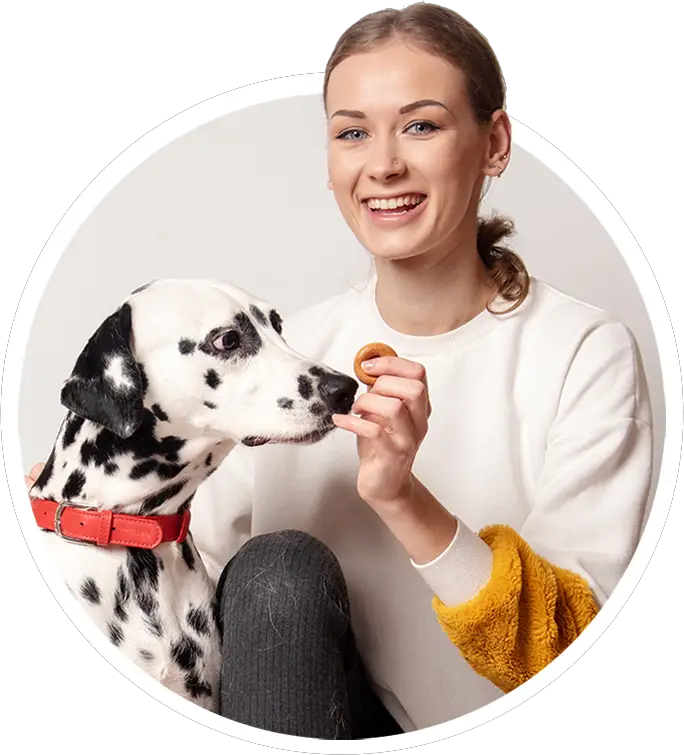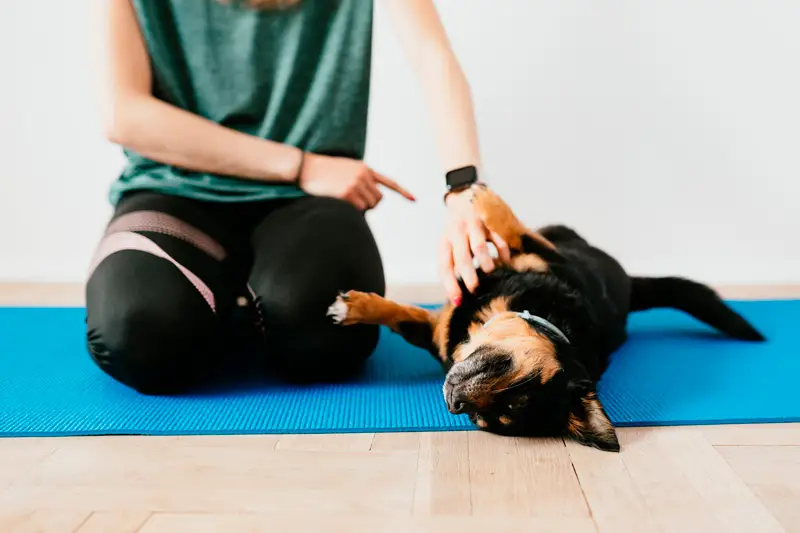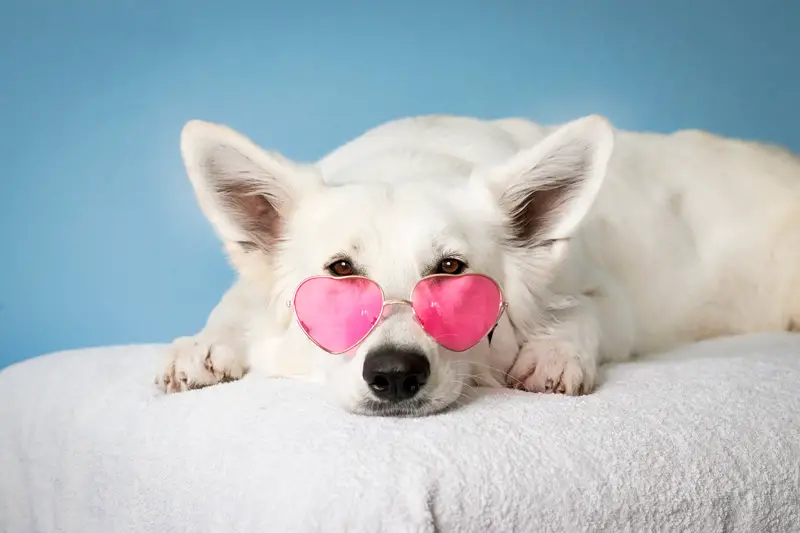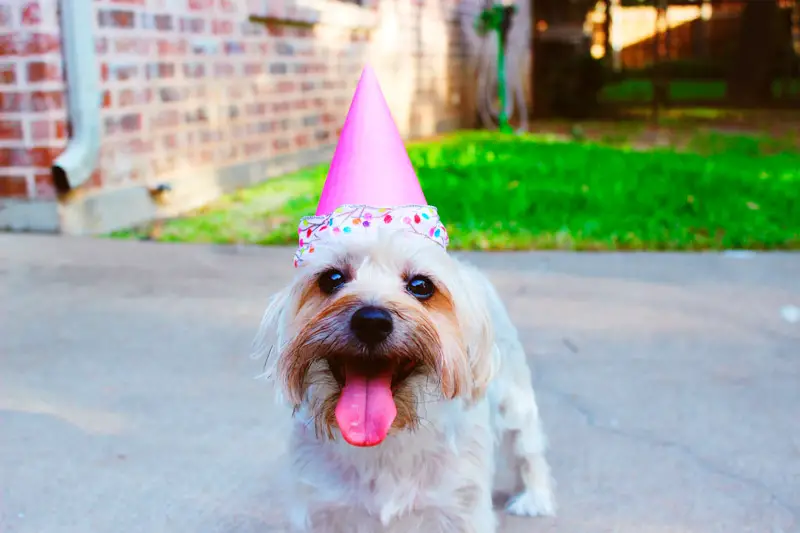So, How To Unspoil Your Dog?
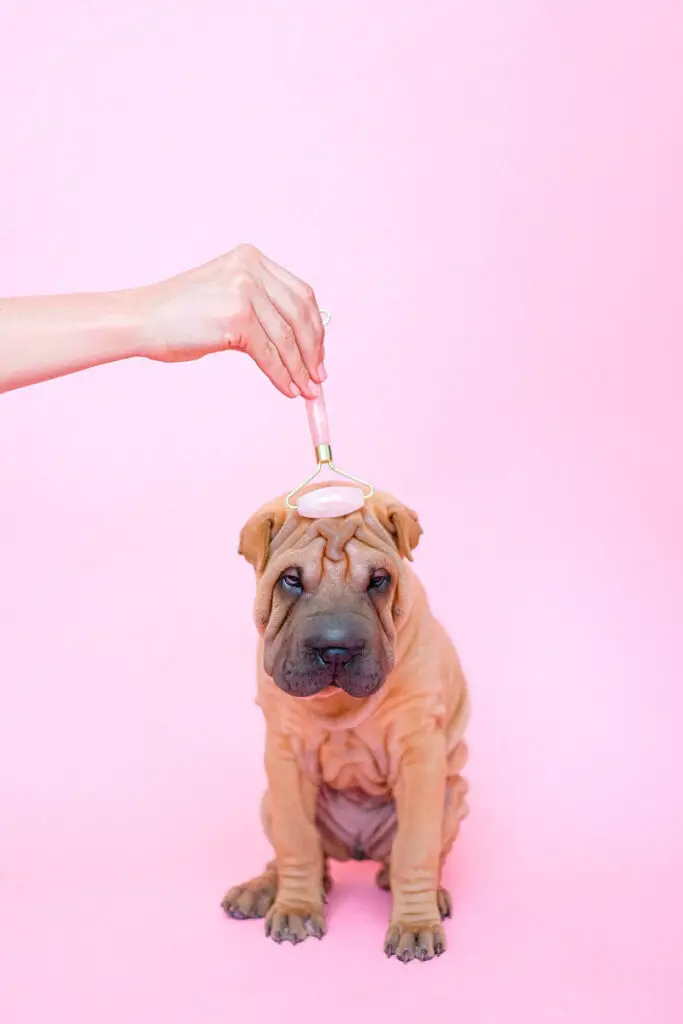
If your dog has become spoiled, it’s not the end of the world.
True, it will take a lot of effort to drag your doggo away from the dark side. But it’s entirely possible as long as you are ready to work consistently and know what to do.
Here are some of the steps you could take to unspoil your dog. Essentially, you need to do the same things you would do when training a puppy. It’s just that the process will be more challenging and will take more time.
Start with the basics
If your doggo doesn’t obey even the simplest of commands, you should start with the basics – commands like sit, stay, down, and come. In other words, start with obedience training.
Every time your dog gets a command right, you should reward them with a treat to form a positive association with the action.
Obedience training is the staple of dog training. Not only does it teach the dog manners, but it also helps you understand how dogs should be treated to get the desired result.
Set rules and boundaries
To develop clear rules and boundaries, your dog needs to understand what counts as right or wrong. Rewards and treats are an easy way to encourage your pooch and let them know that they are doing the right thing.
As an example, suppose we are trying to discourage a dog from getting on furniture. You should remove your dog from the furniture and say a command, like “off.”
Next, to encourage the dog to stay off furniture, you could provide them with a comfy spot on the floor with their favorite toys. When the dog goes to this spot, you should play with them or give them a treat to create positive associations. You could also make dog repellent – like the fragrant zest of citrus fruits – to keep the dog away from furniture.
In this example, you essentially replace an undesirable activity with a desirable one. And to keep your dog doing what you want, you need to reward them when they obey your commands.
As another example, if you are trying to keep your dog off your bed at nighttime, you should set up a comfy spot for them with their favorite toys. Put the dog in that spot and praise them for staying here.
If the doggo then tries to get onto your bed, put them back in their sleeping spot and command “bed,” “sleep,” or something similar. Praise the dog for obeying the command with a treat.
Fix eating habits
Stop giving your dog food when they beg for it and don’t feed them from your plate.
Following our example of replacing one activity with another, you could feed your dog in a separate room when you sit down at the table. Alternatively, give your dog a chew toy to keep them occupied.
Whining or jumping should be met with a firm and consistent “no” or “down.” You may also try ignoring your dog when they try to extort food from you, but this doesn’t work for everybody.



